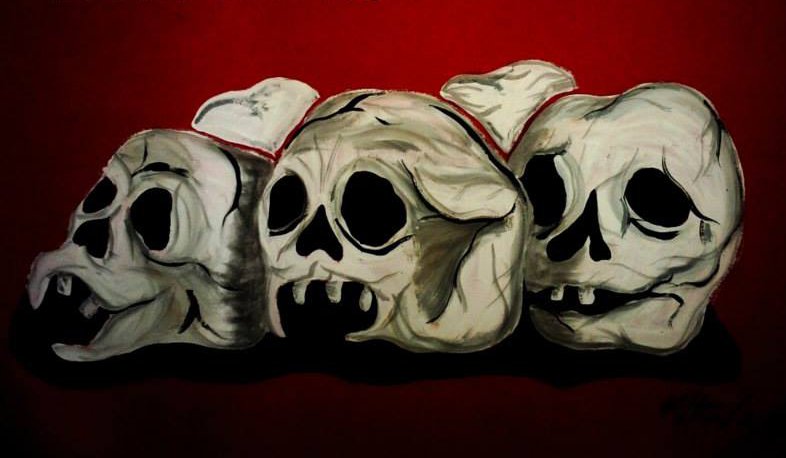Tamil Guardian editorial, March 24, 2019
For almost a decade, Tamil victims have looked to the UN Human Rights Council in their pursuit of justice. However, after years of resolutions followed by an extension, alongside lack of any progress on accountability, events at Geneva this week brought another deep disappointment. A day after the Sri Lankan government expressly told the Council it had no intention of creating an accountability mechanism with foreign judges as originally promised, yet another resolution was passed giving Colombo two more years to do just that. Sri Lanka’s foreign minister was blunt. Sri Lanka will not allow an international justice mechanism. The international community can be under no more illusions. If Sri Lanka cannot deliver the justice that victims demand, then other avenues must be explored. Else, as the UN human rights chief herself warned, further violence and instability will follow.
Addressing the Council this week, Sri Lanka struck a defiant tone, in a sharp contrast from the government’s 2015 approach. Its foreign minister sent a clear rebuke to the High Commissioner’s critical report and to those in the international community who had told the victims to keep their faith in both Colombo and the Human Rights Council process. He categorically denied war crimes had taken place, contrary to numerous international reports, and was blunt in his rejection of an internationalised accountability mechanism. As Sri Lanka’s delegation reiterated, this is not simply the opinion of a single leader, rather, as they have said in public and in private, this is government policy.
The frustration of the Tamil people is palpable. Faced with continued military occupation of land and the daily overwhelming presence of soldiers across the North-East, including perpetrators who remain unpunished for mass atrocities, the Tamil people have been unequivocal in expressing their exasperation at the lack of progress. Large scale protests across the North-East, led by the families of the disappeared, civil society groups and university students, as well as in the diaspora, have demonstrated the widespread consensus that only an internationalised mechanism, free from Sri Lankan interference will provide Tamils justice. Even those within the TNA, who have spent the past four years staunchly advocating for patience and trust in Colombo, have now warned of taking Sri Lanka to the International Criminal Court if a hybrid court is not established, being forced to rethink their position in the face of the overwhelming swell of public demand.
Though many member states expressed concerns about Sri Lanka’s lack of progress on accountability, the time for soft diplomacy is now truly over. The implications of a UN body failing to enact tangible consequences for Sri Lanka, despite the state repeatedly refusing to fulfil commitments it had made, go far beyond the island. It undermines the UN Human Rights Council and the United Nations as a collective. As subsequent mass atrocities in Myanmar and Syria prove, the international community must show that rejecting calls for accountability will bring more than just seemingly empty rhetoric. With elections set to take place later this year amid a resurgence of Sinhala nationalism, the international community must not lose sight of the gravity of the crimes that took place a decade ago as well as the reports of ongoing torture and sexual violence. In an island where impunity for those atrocities goes unchecked, the concerning possibility of renewed violence remains.
Steps towards building an internationalised criminal justice mechanism are crucial. If action cannot come through the Human Rights Council then states must act through other channels. Universal jurisdiction needs to be applied with more rigour around the globe to ensure those accused of the gravest of crimes cannot go unpunished. Whilst Sri Lanka continues to have those accused of these crimes in positions of authority, such as Shavendra Silva who was named by the UN High Commissioner in her statement, military to military relations cannot continue unchecked. Member states should not be allowing their troops to conduct shared military exercises with war criminals. Sri Lanka’s security forces must face more stringent vetting or be barred altogether from partaking in UN peacekeeping exercises. And targeted sanctions, the kind that Sri Lankan leaders claimed to have warded off by co-sponsoring a UN resolution in 2015, must now be carefully reconsidered.
